Neither Russia nor Ukraine appear capable of making major gains on the ground. The primary reason is that drones have made armor and tactical surprise less possible than in previous conflicts.
Ukraine's attacks on Russia's energy sector, its primary source of economic performance, is strategic as it damages the Russians in multiple ways. The US request that it cease doing so was contemptible - and justifiably rejected by Ukraine. Russia is also attempting to hit Ukrainian energy targets, which may presage the reality that, so far, neither is able change the course of the war on the battlefield, but long term, Russia is more vulnerable to air attack than Ukraine. JL
Phillips O'Brien reports in his substack:
With the battlefield changing in the smallest ways—with incremental, infantry-led changes here and there, the real focus of the week was the longer-range air attacks by both sides.This is an important because if Ukraine can damage oil production, it hits Russia with a triple whammy (less currency, less domestic fuel (which is used in countless productive and personal ways) and less fuel for the military. It was attacks on German fuel that really damaged the German economy in World War II.With the battlefield still basically changing places in the smallest ways—with incremental, infantry-led changes here and there, the real focus of the week was the longer-range air attacks by both sides. Strategic Airpower is well and truly back in this war—and arguably it is a form of strategic airpower that will determine much of how the war develops from now on.
Here are what the Ukrainians are saying have been fired over Ukraine during three of the last 4 nights
All in all, the Russians might have fired a months worth of missile production in 4 nights.
This is arguably the largest and possibly the most effectively planned Russian strategic air operation of the war (we cant say how effectively it was yet in achieving its goals). The first attack (on 21 March) involved 29 cruise missiles, one Kinzhal and one ballistic missile—all fired at Kyiv. The Ukrainians claimed to have shot down all—but actually it seems that at least part of this operation to try and draw as much Ukrainian anti-air forces to Kyiv. With many important people from around the world in town (the Kyiv Security Forum was ongoing, and there were other international visitors paying high diplomatic visits), the attack seems designed to make the Ukrainians concentrate on the capital.
The next three nights, including the massively heavy attack on 22 March and the very heavy one last night—with a large mix of missiles and UAVs, were aimed away from Kyiv—with at least part of the idea being to hit Ukrainian power generation. The Russians hit the large Dnipro dam hydroelectic facility on Thursday night—which helps power the Zaporizhzhia nuclear power facility.
Other power generation facilities attack were those in Kharkiv (see picture above) and last night in western Ukraine (Lviv). So having attacked Kyiv to draw Ukrainian anti-air to the capital, or at least pinned is there, the Russians have thrown large air stocks into hitting Ukrainian power generation everywhere else in the country (which is not protected as well as Kyiv).
As an operation, as I said before, it seems far better planned and executed that earlier Russian strategic air operations. These (the earlier) suffered from major flaws in lack of force, predictability, and lack of focus. The campaign against Ukrainian military production this winter seemed particularly spotty—with effort for a night or two, and then quiet.
These operations of the last few nights do seem better planned. The question for the Russians now, is can they keep the power out—particularly in places like Kharkiv. If they can continue heavy attacks in the coming week (and not have to take a large pause now) that will be a sign that this really is the largest strategic air operation of the war for the Russians.
The Ukrainians, meanwhile keep pushing on with their own strategic air campaign, which has two elements behind it. Last night there was another one of the regular Ukrainian attacks to try and isolate Crimea, with powerful explosions being recorded in Sevastopol. These seem to have been Ukrainian missiles (probably storm shadows/scalps) fired at a large communications facility. The explosion certainly gives the indication that something was hit.
The night before, there was also another Ukrainian attack on a Russian oil refinery, this time in Kuybyshev, around 600kms from the Ukrainian border.
This is an important sign for two reasons. First, this is potentially one of the most important campaigns Ukraine can fight, as Ive pointed out in other pieces. If you can damage oil production, you hit Russia with a triple whammy (less currency, less domestic fuel (which is used in countless productive and personal ways) and less fuel for the military. It was attacks on German fuel that really damaged the German economy in World War II.
The question is not whether its a good target—its whether the Ukrainians have the material to keep it up. So far they do—and that is heartening for their war effort.
So—continue watching this space. Both sides are turning more and more towards strategic airpower with the battlelines very hard to shift. If one side can gain a clear advantage in this area, it could make a big difference in the course of the war.
Washington is a Hot Mess
Its hard not to watch the shenanigans in Washington DC these days (from both parties) and not be terminally embarrassed. One of the reasons that the Ukrainian attack on the Kuybyshev oil refinery was important, was because it came after a US request that Ukraine not make such attacks. Supposedly the US request was made out of direct political fear. The Administration seemed to think that these attacks could be too successful and result in higher global fuel prices—which is the last thing they want in this election year.
As some support for the idea that this story was true, National Security Adviser Jake Sullivan showed up in Kyiv this week to speak to the Ukrainian government. He made some pretty clear statements that aid to Ukraine would pass—saying he was “confident” that the bill would get through in the House in the end. At the same time, he reportedly passed on the Ukrainians the American request that the refinery attacks would stop. The Ukrainians, from what Im told, politely but firmly brushed him off. The attack the next day made that clear.
And to be honest, the US not providing aid to Ukraine while asking the Ukrainians to limit their war fighting to suit US domestic interests is about as cringe-worthy a position that the US can take (almost). Its demeaning, strategically nonsensible, and shows a total lack of understanding of war. Only a country that really has no security concerns could have made it.
It was good the Ukrainians have reacted as they have.
Of course anytime the Biden administration shows it weakness in policy towards Ukraine, the MAGA Republicans trump them byrevealing once again that their dream is to see Ukraine defeated. I will write a longer piece on this later—but in the choice between weak and evil, is is imperative that weak win.
MAGA outdid itself this week. Trump, in one of his speeches a week ago openly claimed that Ukraine might not survive the war—which seems part of a concerted effort to make sure the House does not approve aid. This week, when the Freedom Caucus (think MAGA storm troopers) thought that Speaker Johnson was working too closely with the Democrats, they retaliated. One of their former members, Marjorie Taylor Greene, even started a motion to remove Johnson from the speakership. Greene has arguably been the most outspoken member of Congress against aid to Ukraine.
Johnson, as always, seems stuck. Earlier in the week there were signs that he was going to put off any Ukraine aid vote for at least another 3 weeks (which is getting closer and closer to just killing it off). However, the anger of Greene and others, the statement of Sullivan, etc, give some hope that a deal might be cut.
The extraordinary thing is that this fight is even happening. A clear majority of the House wants to approve aid to Ukraine, its just that Trump is dead set against it, and because of it, we dont know if the will of the majority will be respected.
Remember: evil is worse than weak.
The Crocus Attack and the US servants of Putin
I have nothing to say about the attack on the Russian concert in Moscow on Friday night. I have no real idea who did it—and neither do you. ISIS has already released a video claiming the operation, but of course these things can take time to understand. Putin, who clearly wants to say Ukraine did it, couldnt even fully make that claim in his public address yesterday. Instead, he tried to establish a connection to Ukraine, by saying that the gunmen were all fleeing in the direction of Ukraine when they were caught.
Ukraine has fired back saying that the Ukrainians have had nothing to do with the attack and it was more likely a Putin-inspired false-flag event.
I dont know the truth and you dont know the truth. However, you know who doesnt need the truth to start spreading the Putin narrative more than even the Russian dictator—his US acolytes. Its amazing that people such as David Sachs and Douglas MacGregor—immediately jumped further and louder to describe the attacks from the Putin-position. Take a look.
Sacks just basically it was Ukraine and the US should abandon the Ukrainians (no evidence for the former—and the latter has been his long-time goal)
Macgregor buys completely the attackers were heading to Ukraine, and then says of course it was a CIA/MI6 operation (no evidence of that at all).In our post-truth world, its perhaps not surprising to see people, including formerly high ranking US military officers, serving Putin’s dictatorship so energetically. It shows, of course, why Ukraine must win. The opposite result will be the victory of lies.

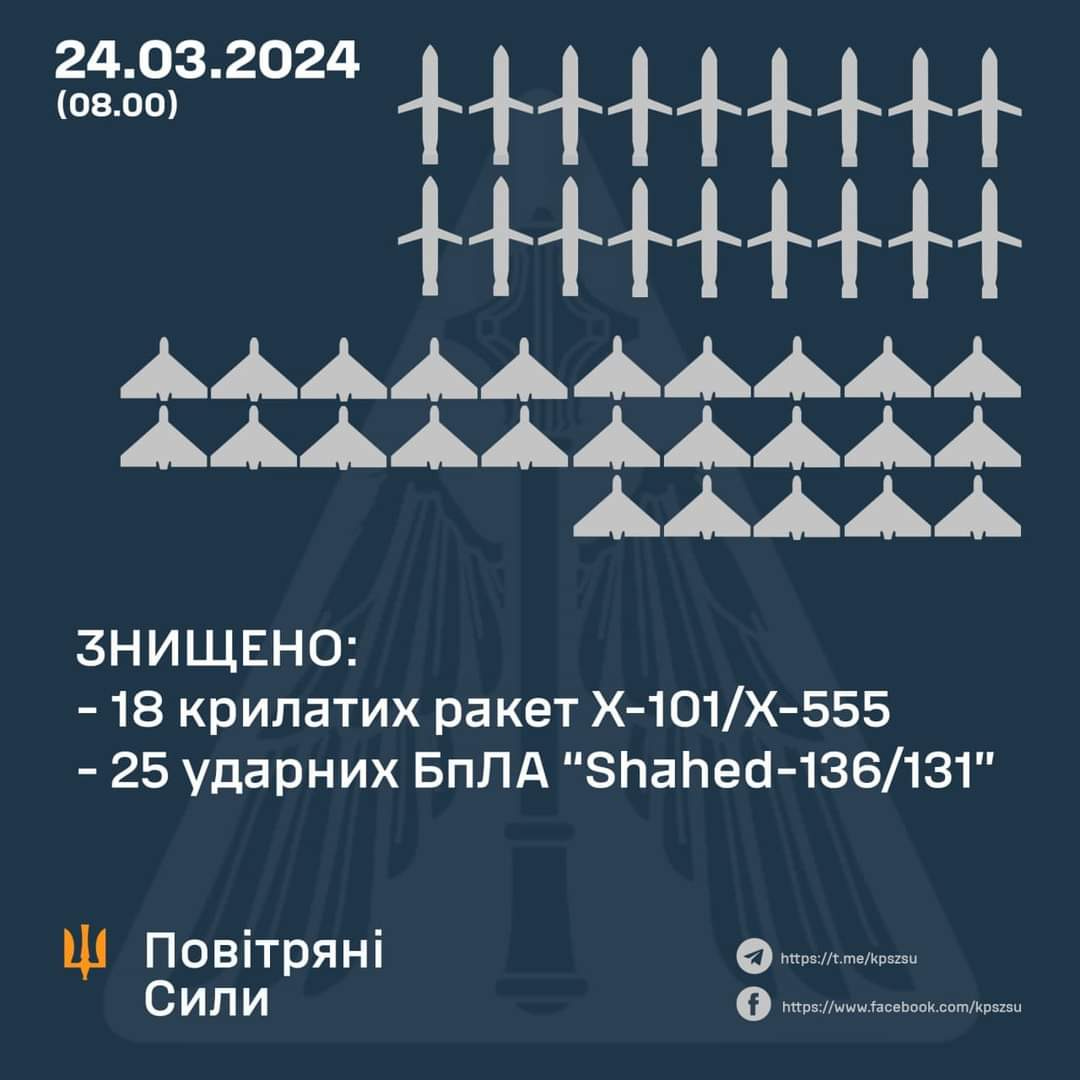
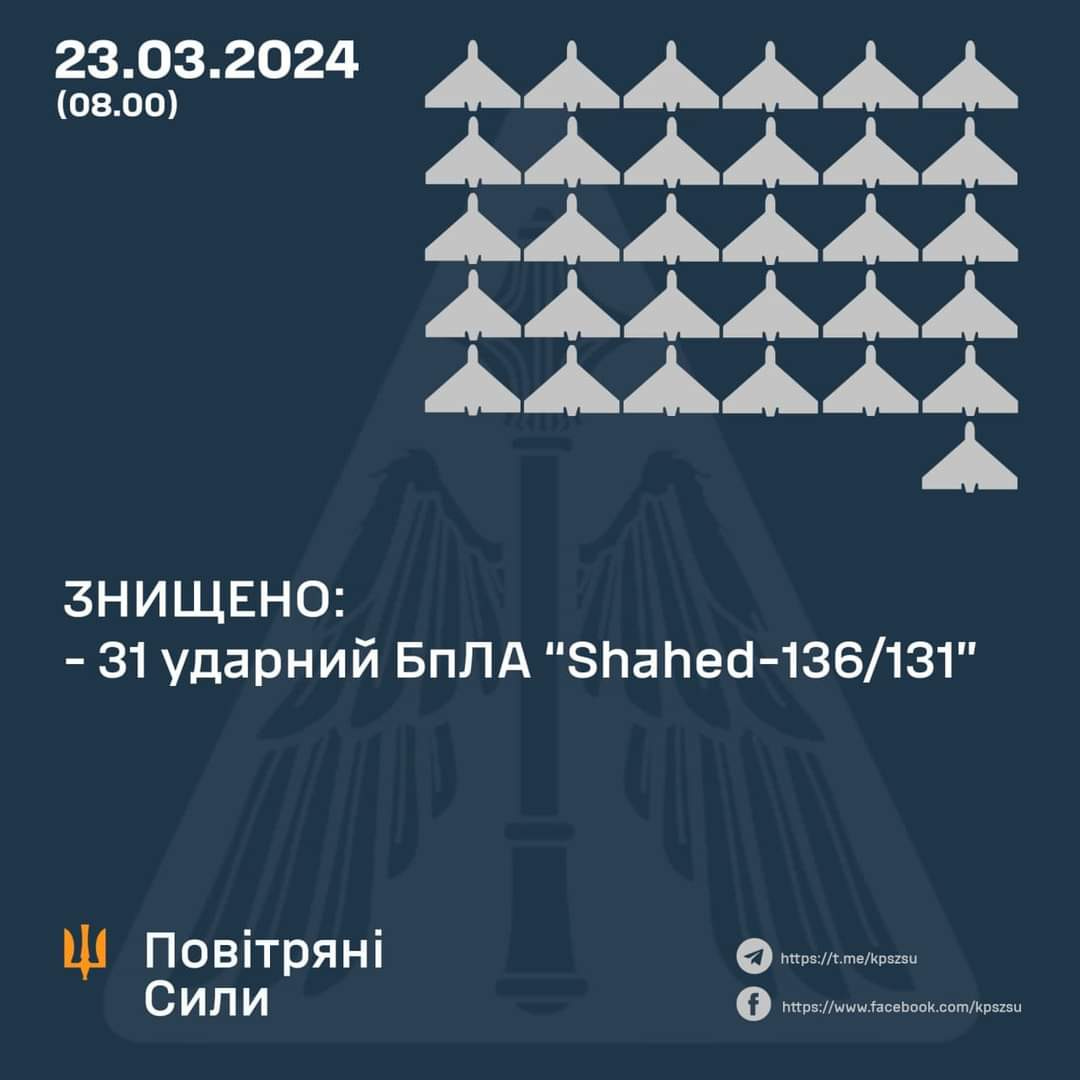
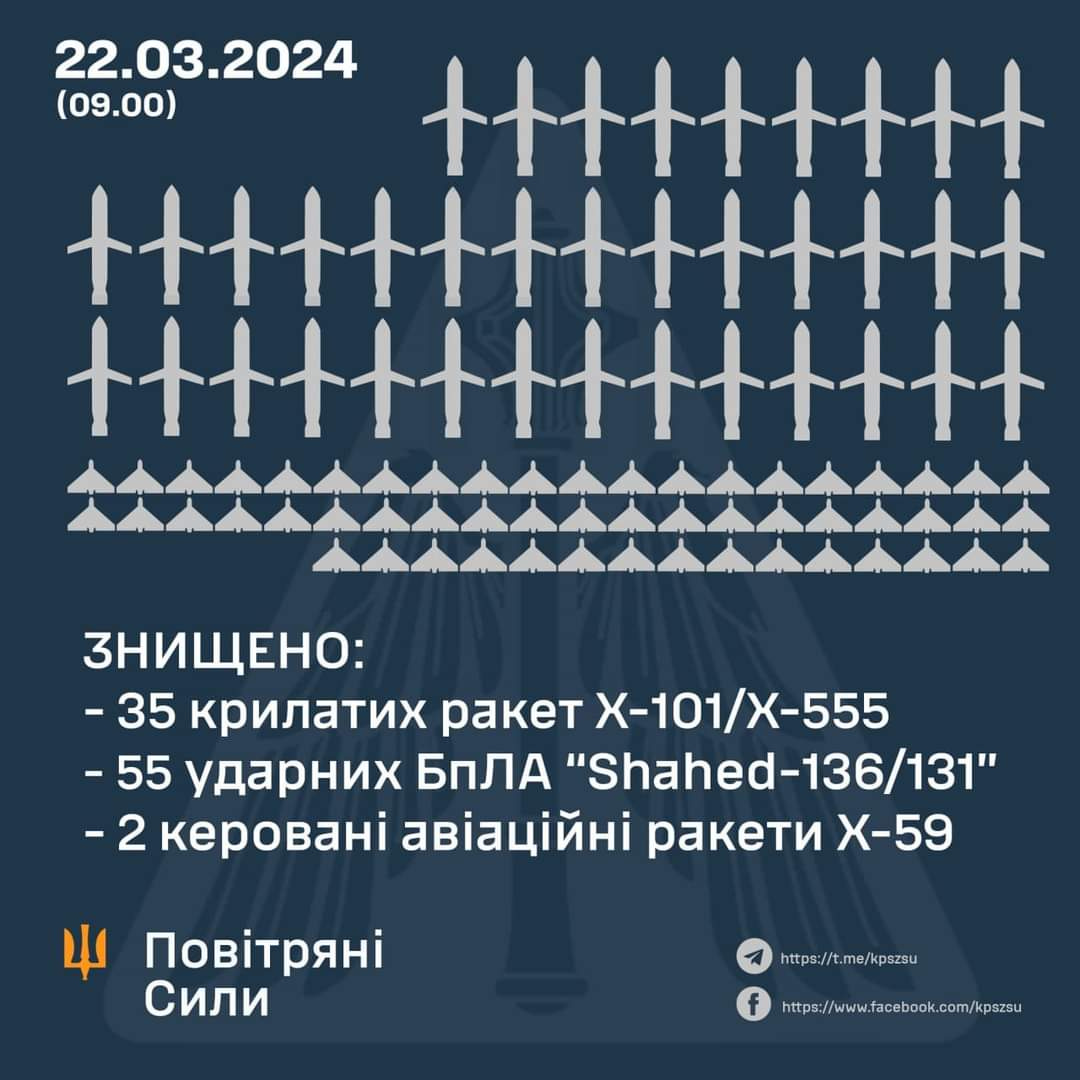
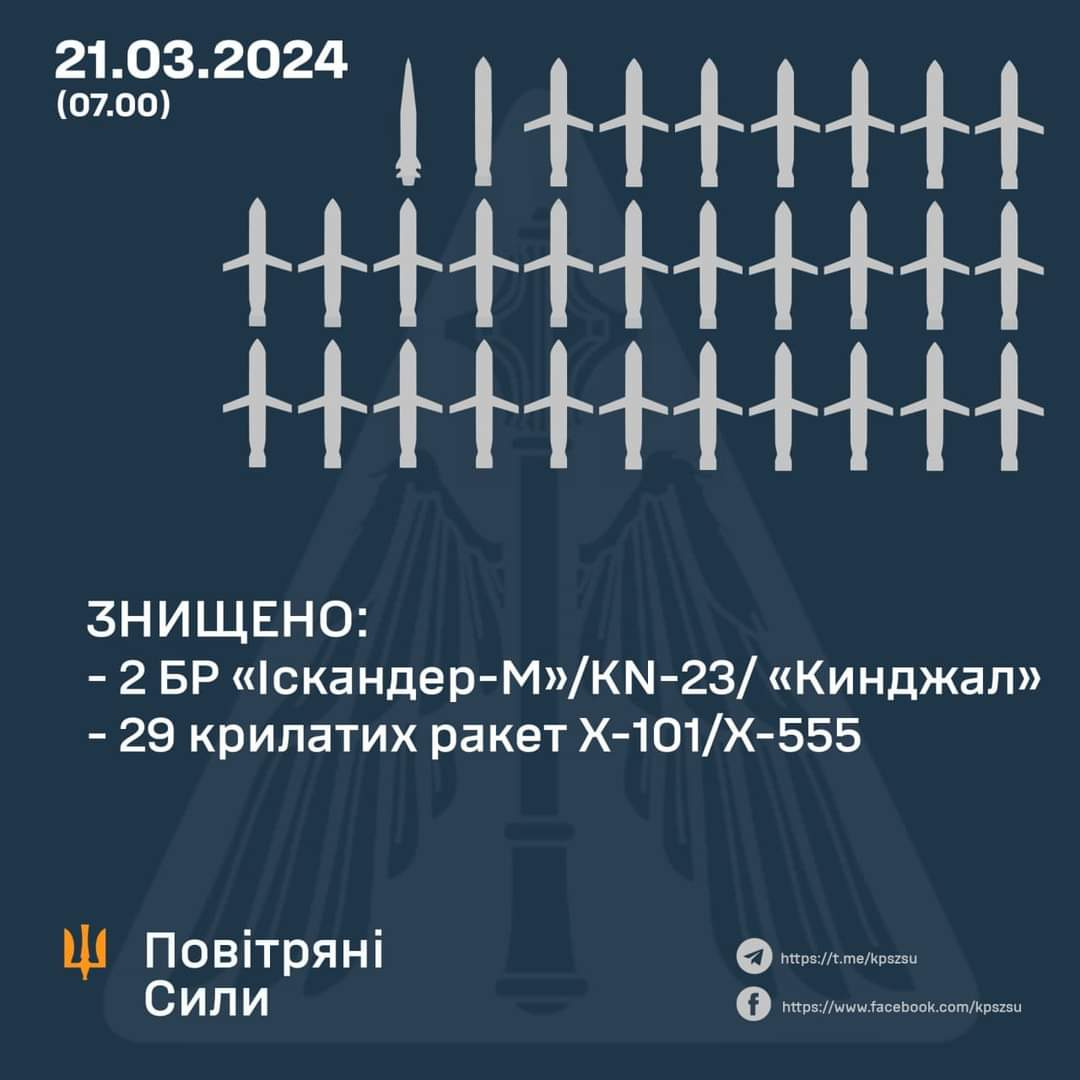
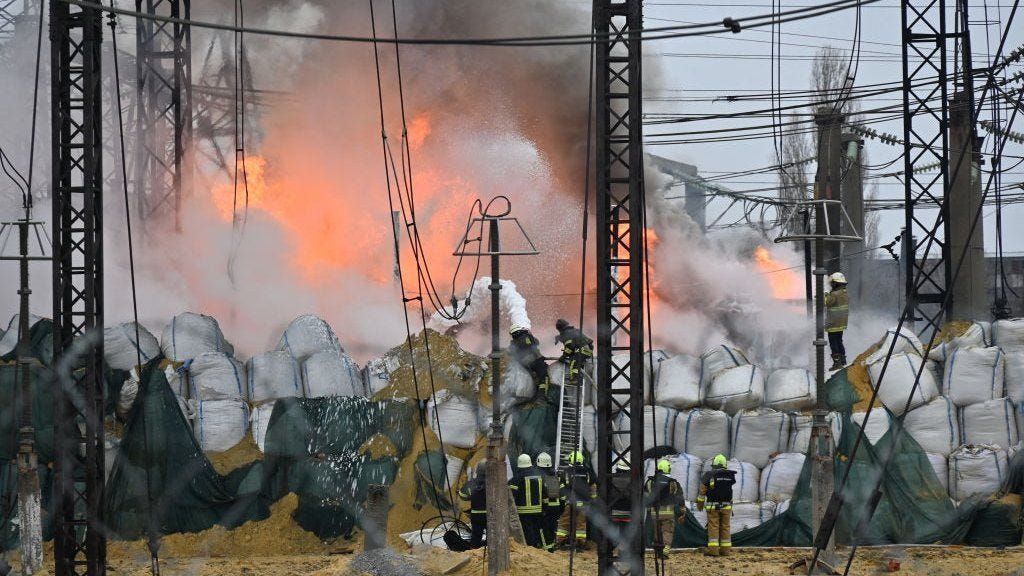


















0 comments:
Post a Comment